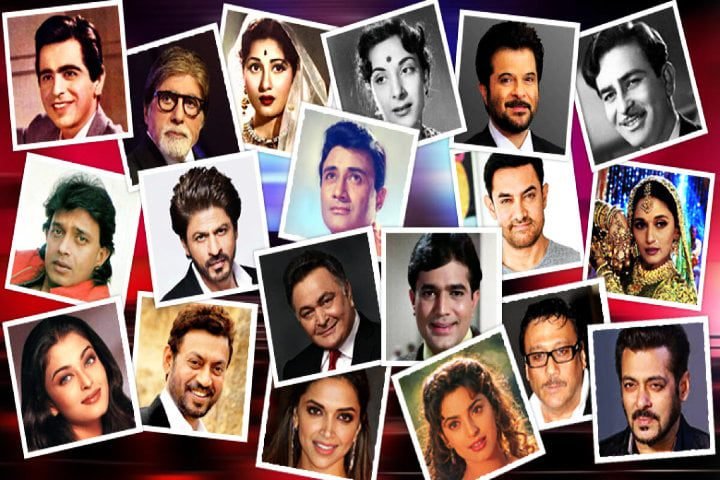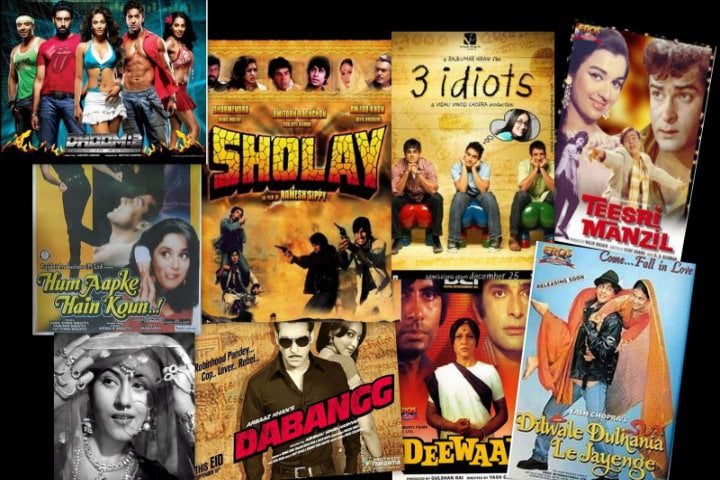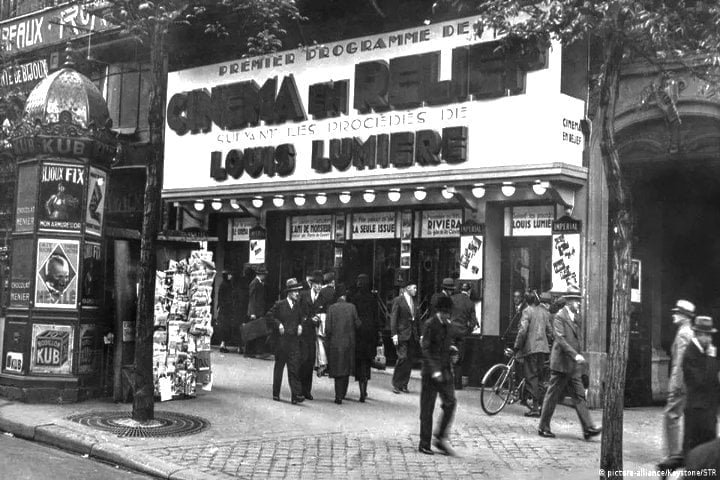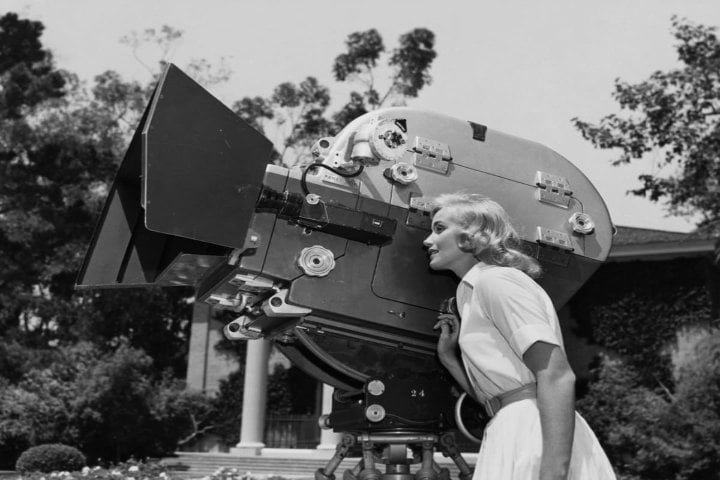Hindi Cinema and Social Change
Cinema and Social Change As an art form, cinema has always been like a mirror that shows society’s complexities, struggles, accomplishments, and changes. Throughout history, various art forms have played pivotal roles in social movements and revolutions. Before the advent of cinema, passionate literature and poetry were instrumental in stirring emotions and mobilizing people toward […]










